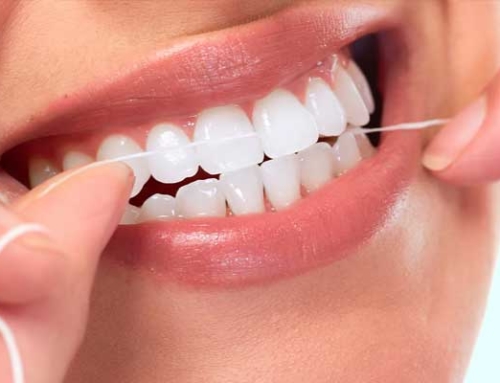Dental Sedation can be a great relief for people with a fear of the dentist or dental procedures. This fear can range from serious anxiety to the paralysis of terrorism, which is called “dental phobia”. The use of mild Sedation and various dental hygiene levels, allowed these patients to complete dental procedures while addressing their fear and anxiety. For more knowledge on this topic, Sedation levels are listed below:
Minimize Sedation with anxiety removers: This is the lowest level of calm and translates from the Greek word “ease anxiety”. Anxiety removers are commonly used to treat anxiety and are usually given in the office about 30 minutes before surgery. This method is used in patients with low anxiety and used during very simple procedures or even routine dental examination. Minimum Sedation allows full awakening, usually responding to vocal commands and physical stimulation.
Moderate Sedation: The second level of Sedation is moderate Sedation, also referred to as “Conscious Sedation.” It is used in patients with high levels of anxiety or in patients who need many dental procedures. The dentist then reduces the patient’s awareness. You will still be able to respond to voice commands.
Deep Sedation: This type of Sedation is thought to occur between moderate awareness and general Sedation. It is rarely used, but when given, it is usually a very serious cause of concern and I was very afraid of the dentist. It is also a viable option if you have many actions that need to be done at the same time.
In the past, people with dental anxiety or phobia had no choice but to avoid dental visits and suffer from the harmful effects of poor oral hygiene. At present, the establishment of dental anesthesia technology is a useful option for people with dental anxiety. The good news is that dentistry will help you relax fully in your dental chair. However, before taking Sedation, it is important to consider the type of Sedation that may be appropriate for you before discussing the options with your dentist. In this case, what are the most common forms of dental sedation currently in use?
Oral Sedatives: Oral tranquilizers are the most common medications for people with dental anxiety. The patient should take these drugs one hour before dental surgery or dental appointment. Because these oral tranquilizers do not act as painkillers, the dentist will inject local anesthesia for comprehensive dental operations, such as dental cleaning, invasive procedures, and surgery.
Nitrous Oxide: Nitrous oxide is one of the oldest forms of tooth decay in the world. In fact, it has been used by dentists since the 19th century to help people relax and are as popular today as they have always been. What’s more, as one of the safest forms of Sedation in the world, nitrous oxide is definitely worth attention when it comes to doing simple dental work, such as preparing teeth to fill them.
IV Administered Sedatives: In most cases, dentists will be reluctant to give patients complete general Sedation. However, patients who may benefit from deep Sedation will sometimes receive medications given in IV. These sedatives will not calm you down, but they will greatly reduce pain and anxiety.
General Sedation: While general Sedation is safe, calming dental patients in this way is associated with a high level of risk. In this case, general Sedation is often used only if dentists are required to perform complex and extremely invasive surgeries.
Enteral Sedation: Finally, family dentist, can use enteral sedatives in the form of pills and liquids The advantage of this is that, in addition to significantly reducing anxiety, intestinal tranquilizers can also be used with nitrous oxide. In fact, dentists often prefer the use of intestinal Sedation and nitrous oxide in general or intravenous Sedation.
Of course, dental Sedation, which may be best for you, must always be discussed in the dentist. In this way, he will be able to exclude any complications and explain in more detail how different forms of Sedation can benefit from a particular position before you decide to use a General Dentistry, consult your dentist to determine if you are the right candidate. Details about your medical history and any other medications you are currently taking, along with other personal information, may be necessary to determine if you are the right candidate.





